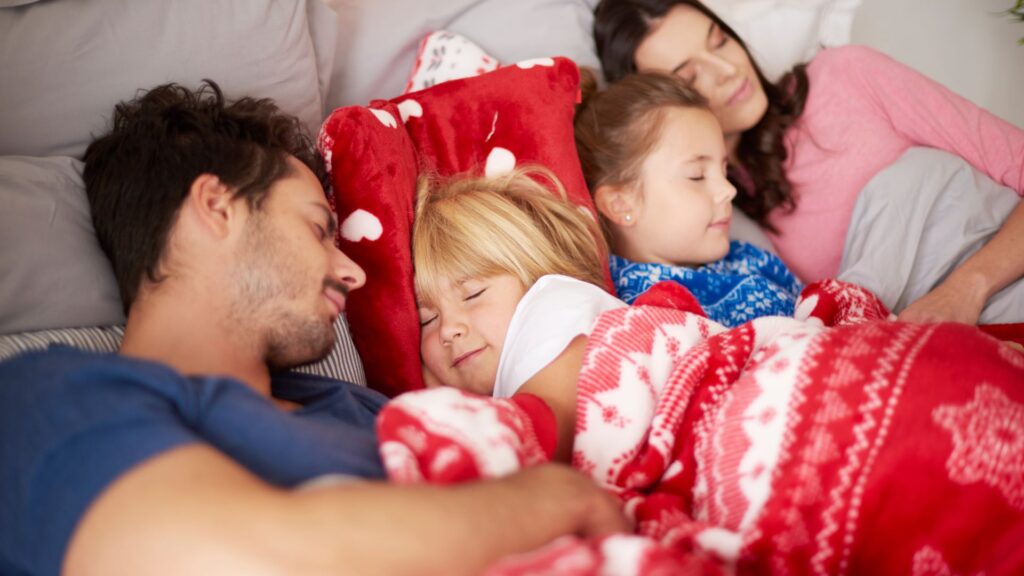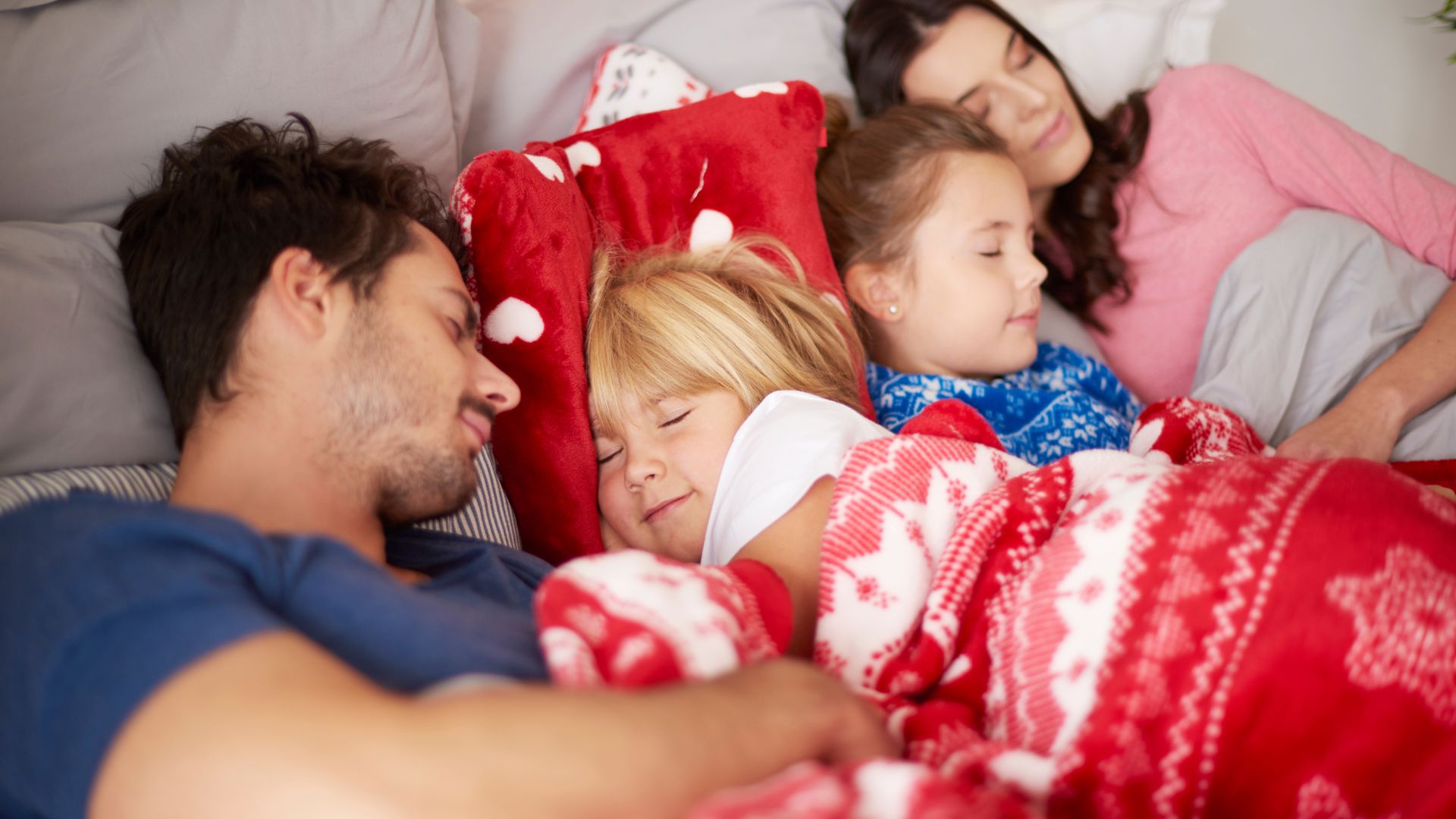
Managing Holiday Routine Changes for Children can be tricky for anyone to navigate. For children with autism, ADHD, and other executive function challenges, these deviations can be especially tough. While the holidays bring much to celebrate, they also come with schedule changes that can be difficult for your child to manage, especially if such changes affect their routine.
Here’s a closer look at why your child may be having a hard time adjusting to schedule changes this season and what you can do to help them manage a different pace in their routine.
Why are the holidays disruptive to children with executive function challenges?
Many children with executive function disorders, such as autism or ADHD, struggle with sensory overload. They can become overwhelmed by large crowds, loud sounds, and unfamiliar environments — all of which are common during the holidays. Even wearing different clothing contributes to sensory overload, as scratchy materials or warm fabrics can cause discomfort.
Moreover, children with autism or with other executive function disorders tend to fare best with predictable schedules, as a set routine provides comfort. When their calendar becomes much busier during the holidays, the change can create added stress for children.
6 Ways to help children navigate changes in routine
You can’t eliminate changes in your family’s routine altogether, but you can help maintain a steady environment so your child feels as comfortable as possible. Here are some ways to support them through the holiday season.
1. Maintain routines
While you may have commitments throughout the holiday, such as attending family holiday parties, do your best to keep your child’s schedule as consistent as possible. Stick to their usual bed and meal times to your best ability, schedule downtime for play, and continue to enforce their usual screen time limits. This will help maintain a sense of stability and reduce stress.
2. Use tools to discuss schedules
Children with autism or other executive functions thrive with a steady and effective schedule. During the holiday season, talk to your child about upcoming events. Knowing what to expect can help them prepare mentally for a schedule change. Get your child ready for upcoming events like family gatherings by creating a countdown calendar and crossing off the days together. If your child is a visual learner, use a visual schedule to show upcoming events through pictures or stickers.
3. Set expectations
The holidays will likely bring new experiences and visits to unfamiliar places. Try practicing a change in their schedule in advance to see how your child will react. This way, you and your child will both know what to expect. You might practice activities like opening gifts or visiting the venue where your holiday gathering will be held.
Discuss expectations with family members as well. Let them know in advance about behaviors that could arise and encourage them to maintain neutral behaviors and a calm demeanor.
4. Give yourself extra time
If your child’s routine has been disrupted in the past, you likely know how stressful it can become for everyone. To prevent last-minute rushing and potential behavioral changes, give your family even more time than usual to prepare for events. For example, start getting your child ready for a holiday party a few hours before it starts. This can help your child acclimate to the change over time by making certain tasks, such as getting comfortable in the car, easier.
5. Pack comfort items
Some children with executive function challenges benefit from playing with sensory bins or using a weighted blanket. If comfort items are part of your child’s usual strategy for self-regulating, be sure to bring them along when packing for family gatherings or other events.
6. Develop an exit strategy
If your child is struggling, they should be able to step away to self-regulate. Empower them to say no to unwanted hugs or unfamiliar foods, and encourage them to take space as needed.
For young children, have a strategy in mind for taking a break or leaving. For instance, it can be helpful to know where the restrooms or exits are in a restaurant, as well as which caregiver or parent is in charge of taking the child to the restroom or outside for a break. Managing Holiday Routine Changes for Children





